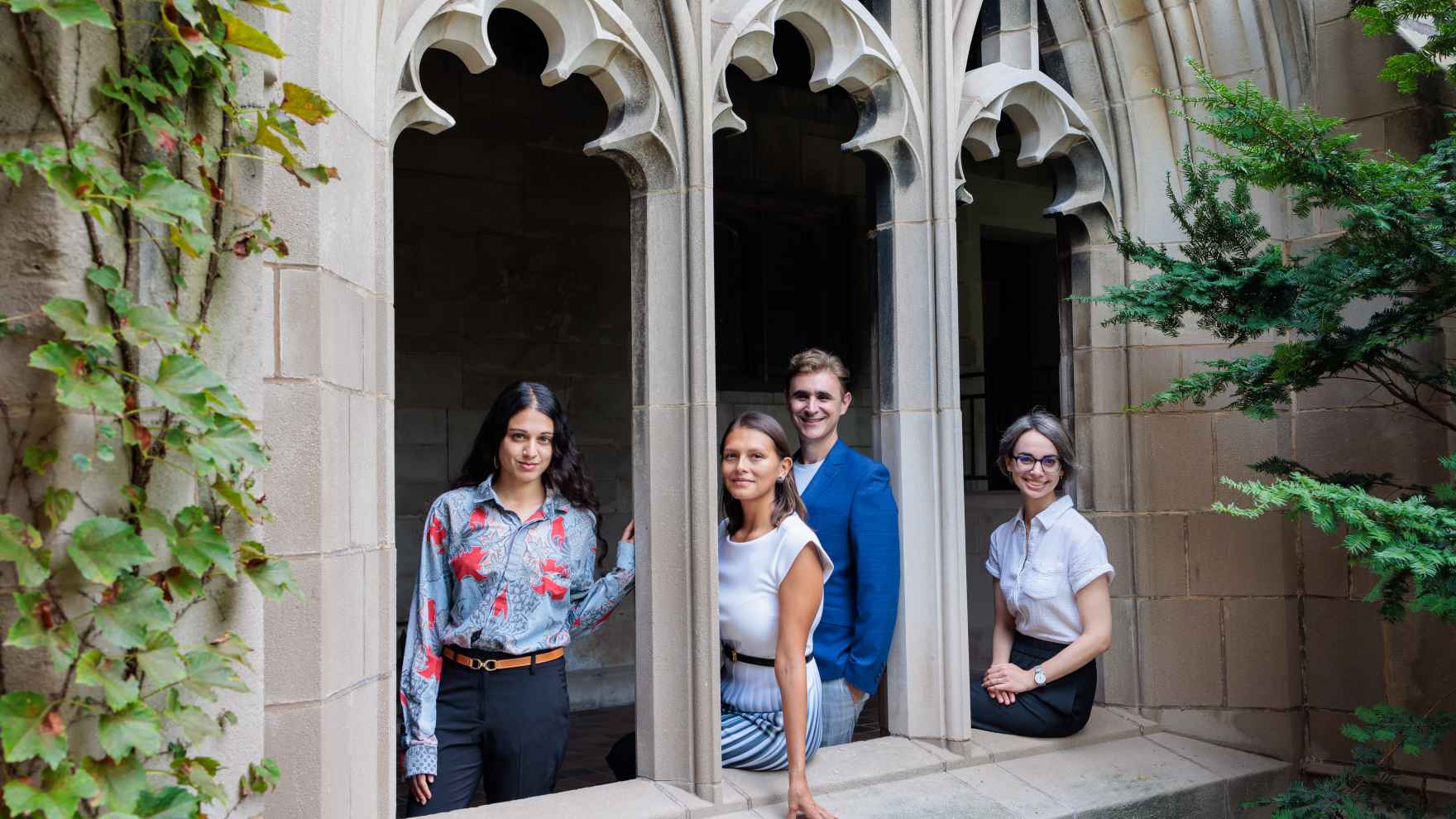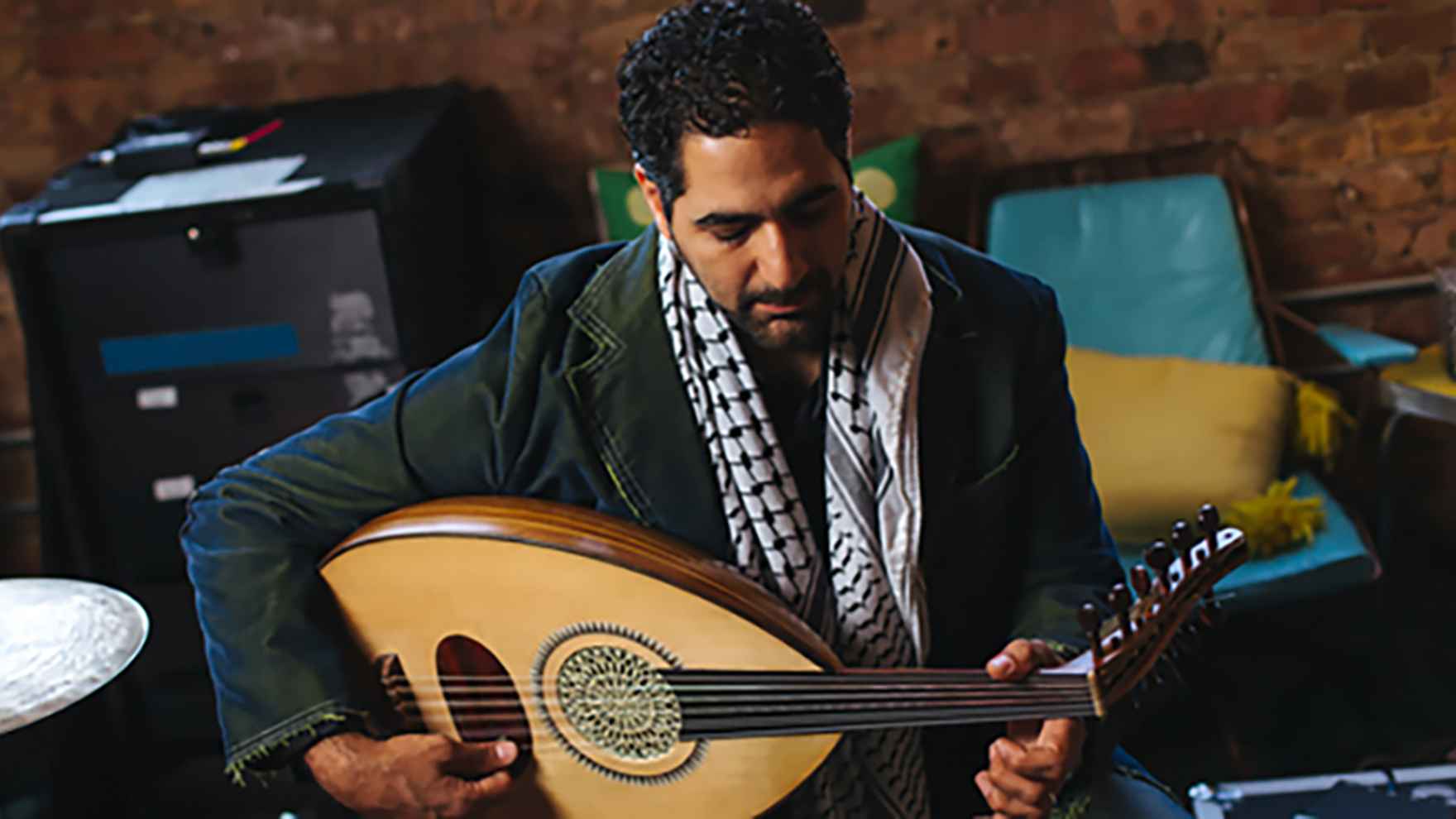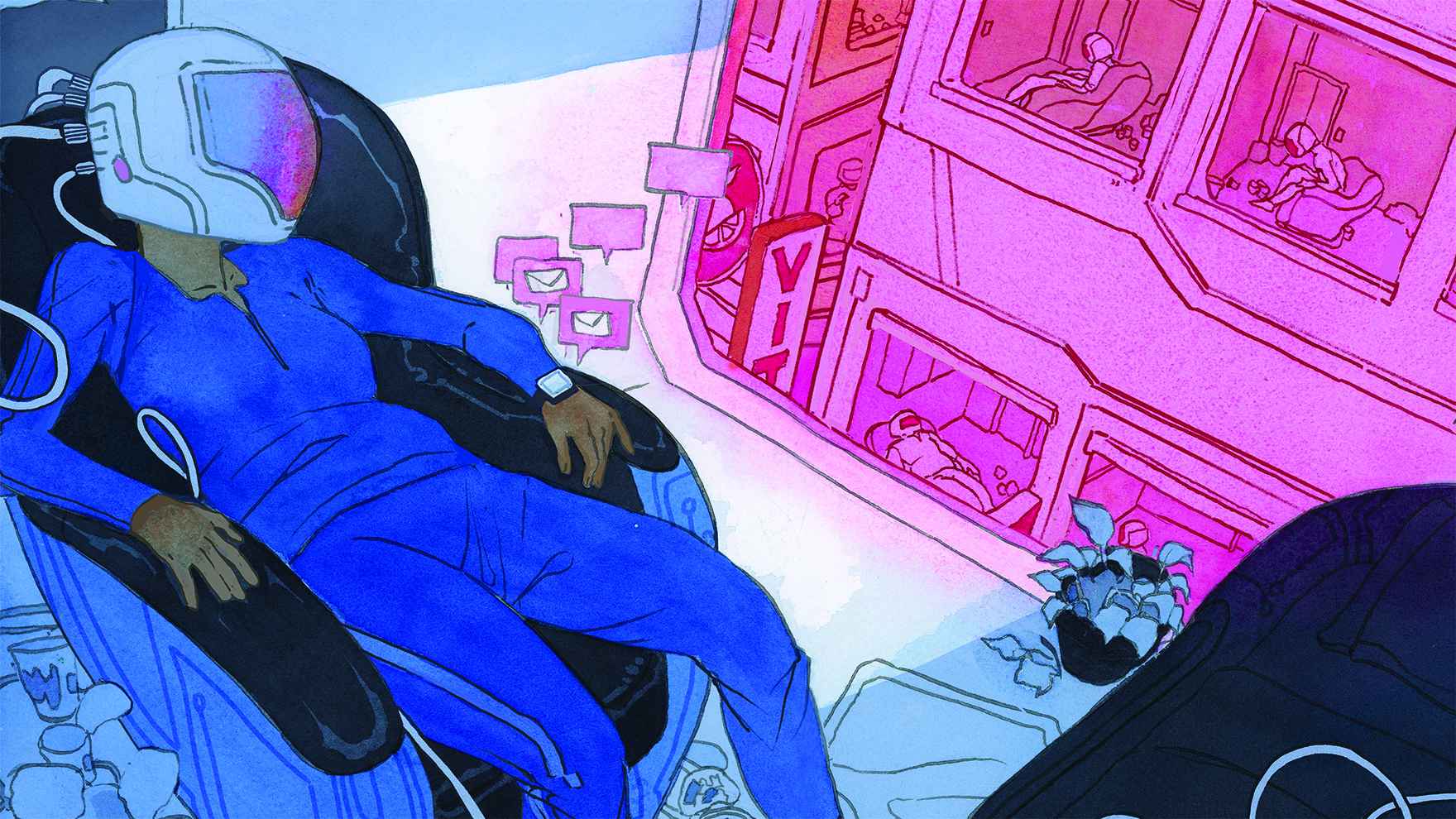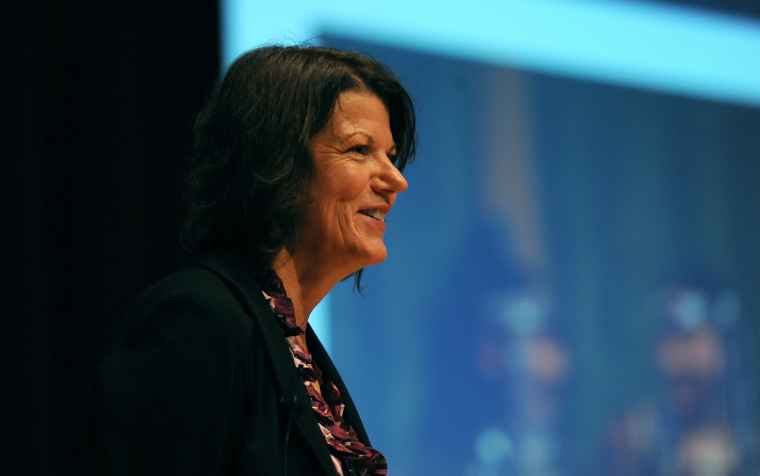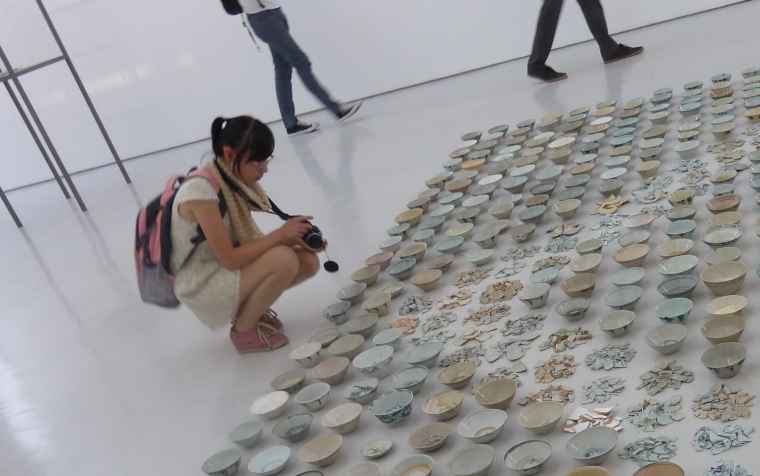'Invisible Man' Adaptation among Honors for Court Theatre
Court Theatre won three awards at the 44th annual Equity Jeff Awards ceremony on October 15. From the theatre's fifteen nominations, Invisible Man (in association with Christopher McElroen Productions) earned the New Adaption (Play) award, Larry Yando won the award for Actor in a Principal Role (Play) for his portrayal of Roy Cohn in Angels in America, and Timothy Edward Kane received the Solo Performance honor for his work in An Illiad. Ken Warren, the Fairfax M. Cone Distinguished Service Professor in English, served as adviser to this first-ever stage production of Invisible Man.
From the article:
"I’m also thrilled that Court’s world-premiere adaptation of Ralph Ellison’s Invisible Man, adapted by Oren Jacoby, was awarded a Jeff for Best New Adaptation. A product of close collaboration between Court Theatre’s artists and University scholars like Ken Warren, Invisible Man’s continuing success in Chicago and beyond is a testament to what Court and the University of Chicago can achieve in partnership," Newell added.
Read the full article here.
UChicago to Host Conference on Algonquian Studies
The University of Chicago will host the 44th Annual Algonquian Conference at the Gleacher Center from Friday, Oct. 26 to Sunday, Oct. 28. Sixty-five papers on all aspects of the Algonquian peoples represent fields such as linguistics, language revitalization, history, anthropology, sociology, music, and art, and a third of the papers have an Algonquian author or co-author. Participants come from the U.S., Canada, Germany, Switzerland, and Japan.
The conference is sponsored by the Division of the Humanities, the Franke Institute for the Humanities, the Adolph and Marion Lichtstern Fund of the Department of Anthropology, the Division of the Social Sciences, the Department of Linguistics, the Center for the Study of Race, Culture and Politics, the Karla Scherer Center for the Study of American Culture, and the Miami Tribe of Oklahoma Cultural Resources Office. The Newberry Library and the Chicago Field Museum are also hosting affiliated events.
The full schedule and paper abstracts can be found here.
Laura Letinsky's Food Photography Featured in the 'New York Times'
Laura Letinksy, Professor in Visual Arts and the College, was recently featured in the New York Times discussing her work as it relates to "the problem of the illusion of perfection." Letinksy's food photography, which depicts meals and place settings in varying states of chaos and has been featured in magazines such as Bon Appétit and Martha Stewart Living, departs from the "perfectionist aesthetic" that viewers might expect designers such as Martha Stewart to promote. From the article:
Ms. Letinsky, who grew up in Manitoba, said her interest in food sprouted from her fascination with still lifes, which she said were overlooked and considered as “B movies” of their time. Her book Hardly More Than Ever, which features photographs taken from 1997 to 2004, presents images of scattered cake crumbs; rinds of a blood orange whose juices have caked onto porcelain; and a chocolate bunny whose turquoise wrapping has been peeled off and his head bitten off. They are incomplete stories, and viewers are left longing to meet Ms. Letinsky’s missing revelers. “I want the pictures to have a kind of tension,” she said.
Read the article here. Letinsky's latest exhibition of photos will run at the Yancey Richardson Gallery in New York City until October 20.
Clifford Ando Receives Research Prize
Clifford Ando, Professor of Classics and the College, has received the Friedrich Wilhelm Bessel Research Prize from the Alexander von Humboldt Foundation. Winners of the €45,000 prize are invited to spend a year collaborating with a colleague in Germany. Ando is an expert on law, religion and government in the Roman Empire and plans to collaborate with Jörg Rüpke, a professor of comparative religion at the University of Erfurt’s Max Weber Kolleg.
From the article:
During his stay at the University of Erfurt, Ando plans to finish Roman Social Imaginaries, a book exploring cognition and metaphor in Roman social thought. In collaboration with Christopher Faraone, the Frank Curtis Springer and Gertrude Melcher Springer Professor in the Humanities and the College, and Chicago's Center for the Study of Ancient Religions, Ando and Rüpke are also organizing a conference on the notion of public and private in ancient Mediterranean law and religion.
More about the Alexander von Humboldt Foundation can be found here.

